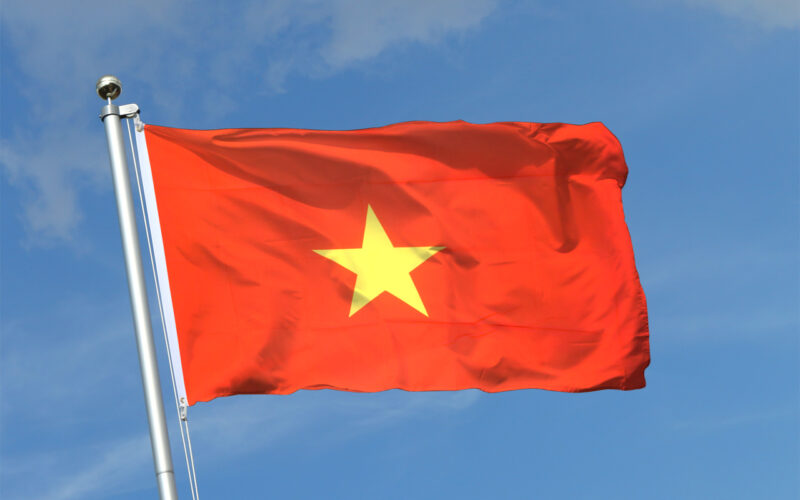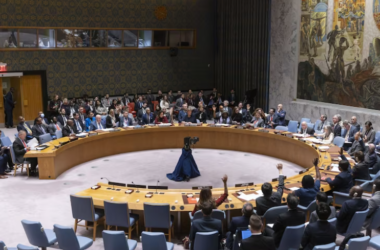Vietnam has forfeited at least $2.5 billion in foreign aid over the past three years and stands to lose another $1 billion due to administrative paralysis, according to a letter seen by Reuters from the United Nations, the World Bank, and Western donors.
The document, dated March 6, highlights growing frustration among foreign investors over regulatory hurdles and lengthy approval processes that have led to significant delays. The country’s ongoing anti-corruption campaign and political instability have exacerbated these issues, causing a virtual standstill in decision-making.
“Approximately $1 billion in development funding is awaiting approval, with an additional $2.5 billion returned due to funding expirations,” the letter to Prime Minister Pham Minh Chinh stated, signaling potential losses amounting to nearly 1% of Vietnam’s GDP.
The expired funds could delay critical projects, such as infrastructure upgrades. Donors emphasized that even more funds might have been lost due to the prolonged approval processes.
Two senior foreign officials interviewed by Reuters directly attributed the administrative obstacles to the “blazing furnace” anti-corruption drive. They noted that the campaign has caused a paralysis in which bureaucrats are hesitant to approve initiatives for fear of violating complex regulations.
These constraints have also hindered Vietnam’s ability to utilize its own public funds. From 2021 to 2023, the country failed to invest about $19 billion, one-quarter less than planned, according to the finance ministry.
The letter was sent by the heads of the U.N. and World Bank in Vietnam and co-signed by 18 ambassadors, including those from the United States, the European Union, Japan, and the head of the Asian Development Bank in the country. Vietnam’s prime minister’s office and investment ministry did not respond to requests for comment.
The U.N. and the World Bank stated they are still working closely with the government on various projects, despite the “challenges” in utilizing the funds.
Vietnam has pledged to reduce its coal usage in return for Western climate funding. However, a year and a half after a deal with G7 nations, no funds have been disbursed, and the country has increased coal imports to avoid power shortages in foreign-invested factories.
In response to donor pressure, the government formed a working group to address the regulatory issues hindering access to funds. However, no deadline has been set for this process.
The power grid, identified as needing upgrades, has large amounts of foreign funds allocated for improvements. However, current rules prevent the state-owned network operator from accessing these funds until at least 2027 due to financial issues, highlighting the deadlock.
The donors’ frustration could result in reduced future assistance to Vietnam. The World Bank, for instance, plans to merge its Hanoi office with operations in Cambodia and Laos to enhance “management efficiency,” potentially shifting its focus.
Vietnamese officials have asked foreign donors to lower the costs of their funds, which are primarily loans at market prices. Despite this, the country has also forfeited significant amounts of grant funding, according to Western officials.








